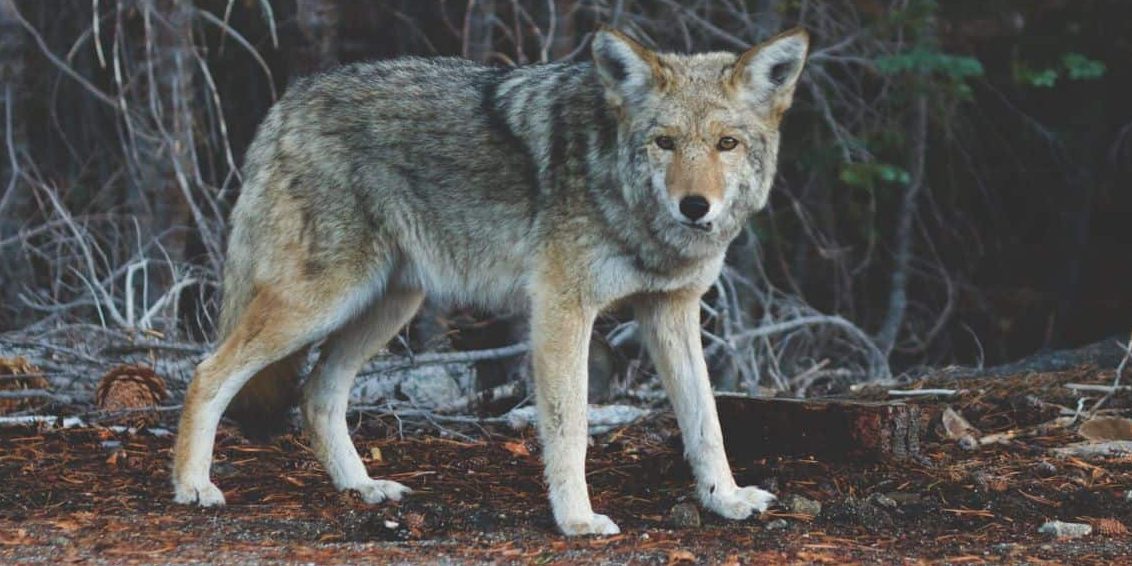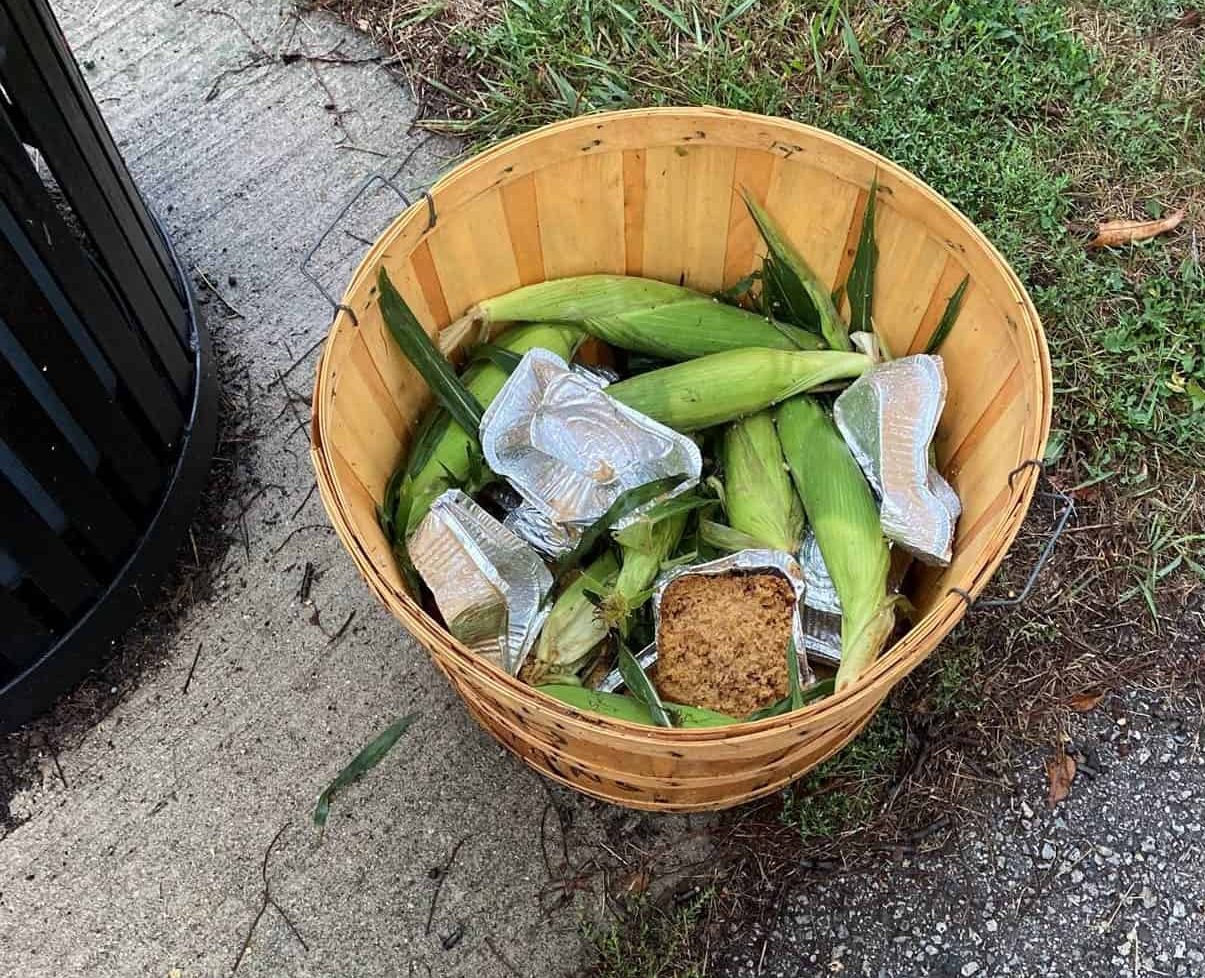Message from experts clear: Stop feeding coyotes and other wild animals in Burlington
Published September 13, 2022 at 1:26 pm

A sixth unprovoked coyote attack has prompted City of Burlington officials to reach out to a provincial agency for advice.
And the consistent message from the Ministry of Natural Resources and Forestry Provincial Services Division is to stop feeding wildlife.
According to MNRF staff, the No. 1 point is that under no circumstances should coyotes be fed by humans. When people feed coyotes, intentionally or unintentionally, coyotes become familiar with humans, are no longer afraid of humans and show more and more aggressive behaviour, as is being seen in south central Burlington.
From what City staff shared with MNRF scientific and veterinary experts, the experts are convinced these localized attacks are coming from coyotes who have been conditioned to see humans as a food source.
This creates an environment where wildlife may come to depend on humans for food. Once a coyote crosses the boundary of acceptable interaction with humans the coyote must be eliminated for public safety, due to a situation they did not initiate.
“I cannot stress enough how critical it is not to feed wildlife, either intentionally or unintentionally,” said Burlington Mayor Marianne Meed Ward.
“Feeding wild animals causes them to lose their fear of humans and that can lead to aggressive behaviour, including attacks. Once they attack a person, it’s our responsibility as a municipality to eliminate those animals because that behaviour cannot be unlearned.
“Please make sure you properly dispose of your food waste so that it does not become a potential food source for animals. We all need to do our part to keep each other safe with the wildlife that lives among us.”
Officials believe this is likely one localized family of coyotes who may be depending on humans for food. The coyote that was eliminated after the first three attacks was most likely the father and taught the other coyotes in the family to behave this way.
This type of aggression is learned from the parents and once it is learned, it becomes ingrained and the behaviour cannot be changed.
This family of aggressive coyotes is likely roaming within a two to three square kilometre area even though they are known to travel up to 15 square kilometres. Since coyotes are territorial, the experts advise this is one family creating this cluster of isolated attacks.
The City has received reports and photos of a bushel of corn left and frozen meals on the Centennial Multi-use Trail close to the site of the last attack. This must stop as it is attracting and conditioning the coyotes to be reliant on human feeding, leading to aggression and attacks on residents.

Residents are being asked to report their concerns about direct or indirect feeding of wildlife to [email protected] or 905-335-3030 and are reminded that hand and ground feeding wildlife on private or public property is prohibited and subject to a fine.
City of Burlington Animal Services staff are patrolling the area to locate this family of coyotes and their den. They are also working with a Certified Wildlife Control Professional to eliminate the family of coyotes.
Anyone attacked by a coyote is advised to seek immediate medical attention and report the attack to the Halton Region Health Department and to the City of Burlington Animal Services [email protected] 905-335-3030.
insauga's Editorial Standards and Policies advertising





